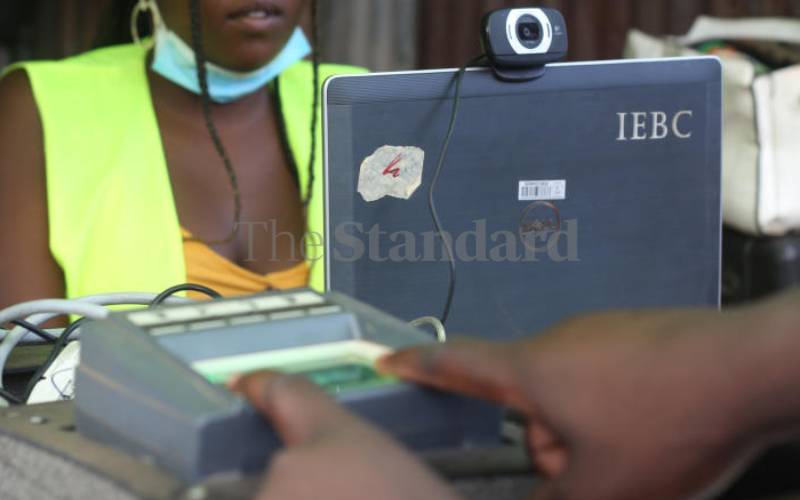
This week, the National Cohesion and Integration Commission (NCIC) released a report highlighting the likely conflict hotspots in Kenya before, during and after the August general election. The report is timely because of our lousy track record regarding electoral violence since the 1992 elections.
Of the 47 counties, the report singled out 16 as volatile, 21 as medium and eight as less likely to have violence. Unsurprisingly, the high-risk counties are Nairobi, Nakuru, Kericho, Kisumu, Uasin Gishu and Mombasa. This is mainly due to pre-existing issues like inter-ethnic disputes over land, hate speech, and organised ethnic-based criminal gangs, often funded by politicians.